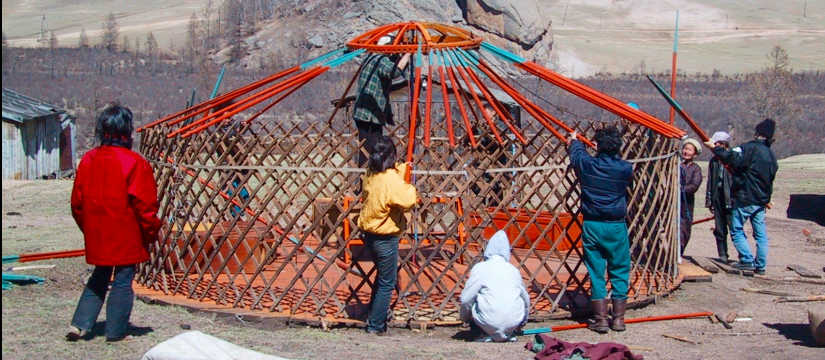移民動態と文化適応
How Do Emigrants Adopt Themselves to Local Culture?
日本拠点代表者:
- 辛島 理人 Masato KARASHIMA
- (神戸大学国際文化学研究科准教授 Associate Professor, Graduate School of Intercultural Studies)
相手国拠点代表者:
- 周惠民 CHOU Whei-ming
- (Humanities Research Center, Director/Professor, National Chengchi University)
他国への移住の道を選んだ移民たちは、本来祖国の政治的イデオロギーと文化的アイデンティティの束縛から脱却しているはずである。しかし現実は一部の移民またはその後裔はむしろ移住先で故郷への執着を深め、いわゆる民族的宗教的伝統への復帰に執念を燃やしている。その原因はいったいどこにあるのか。ヨーロッパで発生している事件からも分かるように、宗教信仰上の相違にとどまらず、法律に対する理解、地域社会への融合、家族関係など、移民の文化適応は移民自身にとってだけではなく、現地社会にとっても大きな問題になりつつある。たとえば、欧州で増え続ける大陸出身の華僑華人が現地社会との間に大きな隔たりを抱えているのに比べ、日本の台湾人社会は日本の社会との摩擦の事例が極めて少ない。同じ華人でありながらなぜこのような相違が生じたのか。その原因は、日本政府の政策以外に、移民共同体自身の文化的適応力にあると考えられる。それを学理的に説明できれば、政策の提言を行うだけでなく、学術的にも移民共同体の文化適応力をチェックできる新たな視点を得ることができる。
Persons who choose to immigrate to another country are supposed to have relinquished the ties that bind them to the political ideology and cultural identity of their homeland. However, in reality, some immigrants deepen their attachments to their homeland and have a burning desire to return to their so-called ethnic and religious traditions. Where does this desire come from? As we recognize from the events currently taking place in Europe, serious problems that extend beyond differences in religious beliefs, such as learning about the host country's laws, becoming integrated with the regional society, and maintaining family relationships, are developing not only for the immigrants themselves but also for local communities as well. For example, it should be noted that compared to the big gap between the local communities and overseas mainland Chinese, the numbers of whom are continuing to increase, particularly in Europe, there are very few cases of friction between Japan's Taiwanese community and Japanese society. Why is there such a difference, despite the fact that these are both populations of Chinese people? In addition to differences in Japanese government policy, one reason might be the cultural adaptability of the immigrant community itself. To explain this theoretically, there is an ability to carry out policy recommendations as well as to acquire a new perspective that can academically explain the immigrant community's ability to adapt culturally.






